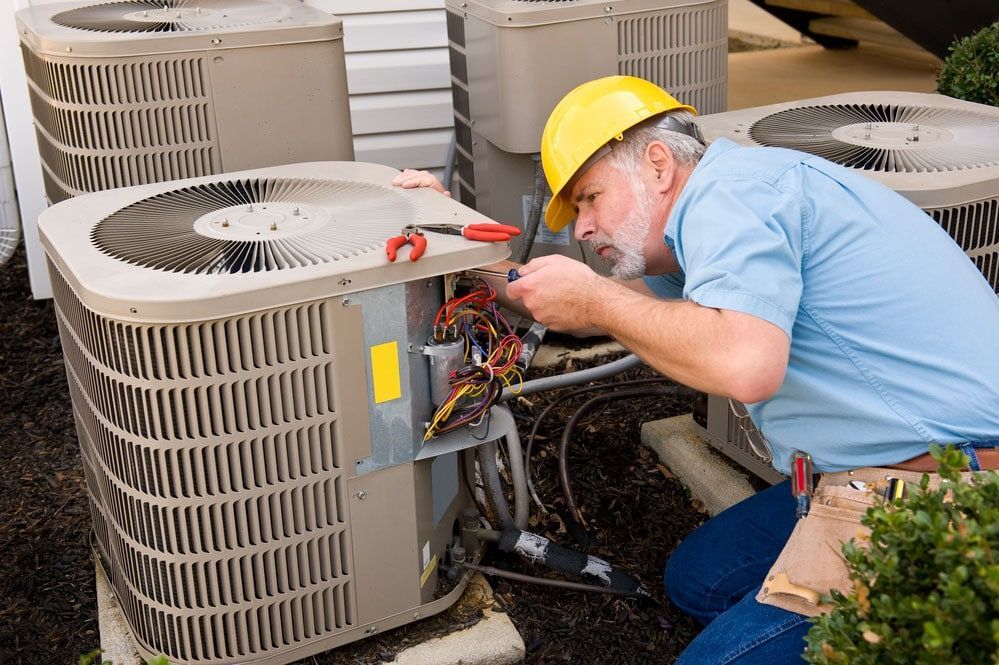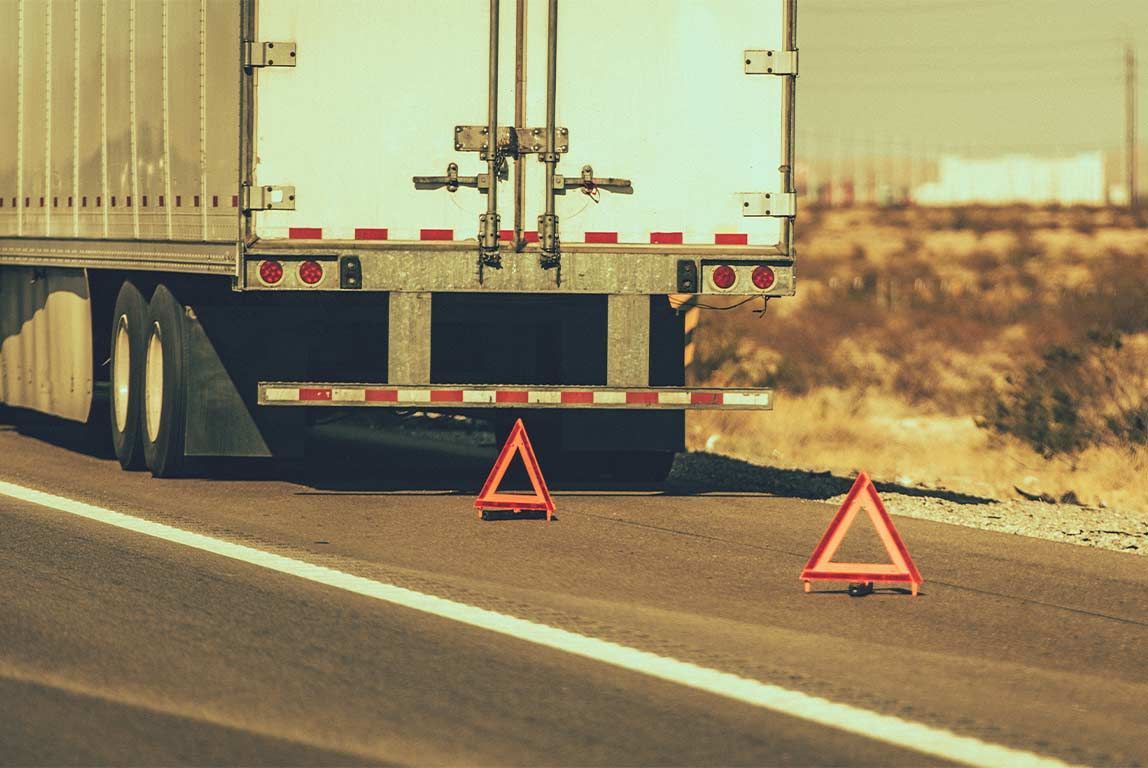HOW TO AVOID SCAMS IN THE TRUCKING INDUSTRY?
As the coronavirus pandemic began, there was a marked increase in scams and fraud targeting high-stakes industries. While the trucking industry is thriving, it is also one of the victims of the scams. A scammer knows when people or organizations are particularly vulnerable, it’s the right time to strike.
The activity at the site has recently increased, meaning that old and new scams are both on the rise. It's best for trucking companies to be on the lookout for threats and to try to deal with them quickly.

4 common trucking fraud scams
1. The Load Scam: This scam is a popular one, and it preys on brokerages with freight posted on load boards. Using the name of a legitimate carrier, the scammer books a load and gets a fuel advance from the freight broker. Once they take the advance, they melt away like fat in a hot oven.
2. The driver in need scam: Many trucking scams begin with identification theft. All drivers should be always aware of their surroundings, especially when at a truck stop or fueling station. They also should avoid revealing company information to third parties.
Company officials and dispatchers who can issue funds should request further verification before transferring funds. It is important always to speak to the driver whose vehicle has been struck before issuing any funds. It is not wise to send money directly to a third party without verification.
3. The DOT Scam: One of the two variants of this scam involves a scammer impersonating a member of the Department of Transportation or a Police officer during a DOT inspection. Another one is where the scammers send letters to trucking companies demanding a DOT renewal fee.
4. The Phony Repair Shop Scam: This is a scam in which the scammer plays a repair shop that takes your money by pretending to fix your truck or trailer. The scammers pretend to be a tow truck driver, demanding payment for a tow that never occurred.
How to avoid Trucking Scams
- Verify the Driver: Before hitting the send button to transfer funds, the dispatchers and the company officials should verify the driver. Never send money to strangers without verifying their identity.
- Verify the service provider: When choosing a new service provider, make sure they aren't just copying information off the side of their truck. Ensure you know who is operating the service by requesting the operator’s full name, employee number and date of birth. You should also verify the incoming phone number from your company’s database, as well as the caller’s name.
- Don’t send the money to the service provider. Send it to the driver: Direct payment to a third party is risky. The best process is paying the driver and letting him haggle with the service provider.
How the use of fuel cards prevents you from scams?
- The driver no longer needs to carry a large sum of cash.
- It is a secure and simple way for drivers to get everything they need on the road.
- With security information required before all transactions, it's safe and secure. The card can be cancelled immediately if lost or stolen.
Share Content.










